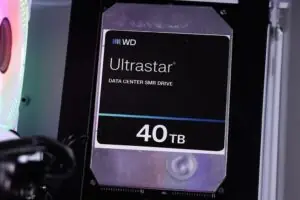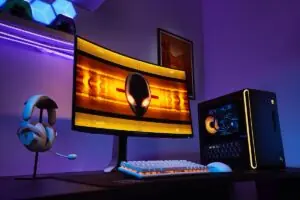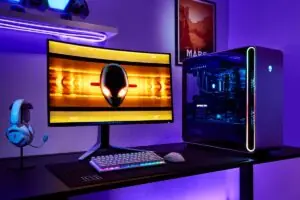Microsoft has patented a new technology that is expected to reduce the chances of VR users bumping into things.
WalkingCat leaked the patent application on Twitter. It is a virtual reality floor mat, which primarily functions as a safety feature. While within the safe confines of the mat, the user won’t likely crash into walls or furniture.
The mat is equipped with sensors that would alert the users when they venture close to the edge. It will then inform you to go backward, forward, or sideways because you are at risk of meeting an accident.
But the alarm won’t be disruptive as they will come in the form of vibrations you feel beneath your feet. If true, that would be miles better compared to the annoying beep-beep sound.
The vibration on the VR floor mat also has other uses, according to the Microsoft patent. It can also enhance the experience of the VR user through strategic vibrations at the right time.
Reports of VR users figuring into an accident are quite common. Fortunately, most of the incidents are minor. You can watch YouTube compilation videos of users falling and bumping into furniture while wearing the headsets.
https://www.youtube.com/watch?v=bv7I8nMV914
Meanwhile, VR manufacturers carry a warning label for consumers about the risk of playing blind. HTC’s safety guide warned that when the user is wearing the headset, they are blind to the world around them.
Users are then told to:
– Make sure they are in a safe and clear area
– Make sure they steer clear from stairways, large windows, and outdoors
– Make sure to clear the area of furniture and other hard objects
– Never rely on the chaperone system integrated into the headsets
– Make sure to get pets out of the room as you may step on them
– Make sure the cables are secured, so they don’t trip on the wires
Ideally, VR users should have another person in the room with them to alert them of any potential danger.
With Microsoft’s VR floor mat, the user will always be safe. Potentially, it may also detect if the pet has ventured too close to the user.
For now, however, there’s no official word from Microsoft confirming or denying the leaked patent. Also, a patent application doesn’t always mean that production is imminent. Even if the government approves the patent, Microsoft can simply sit on the technology. What that means is that other manufacturers could not develop a similar product to avoid infringing the Microsoft patent.




